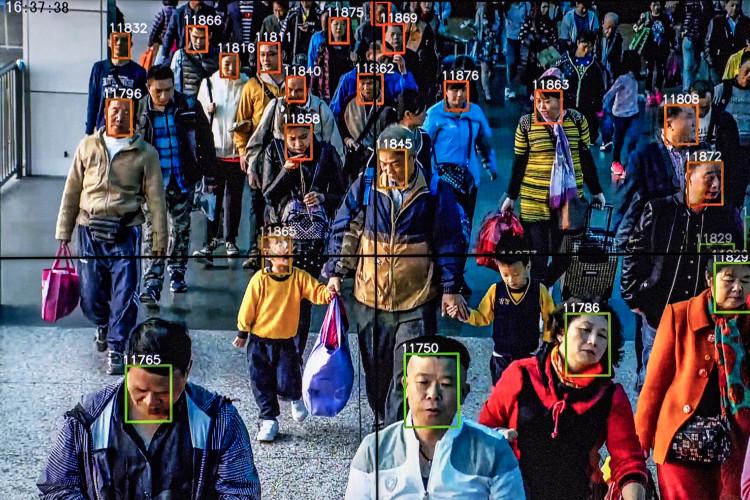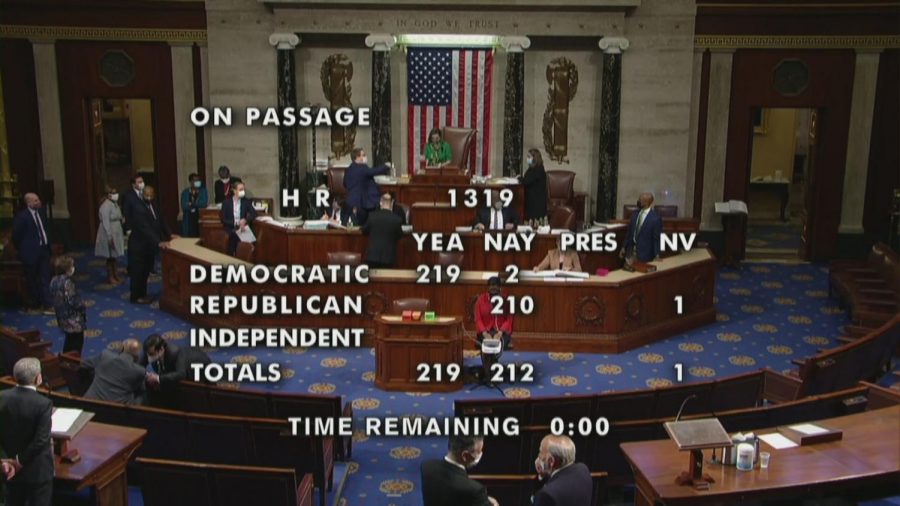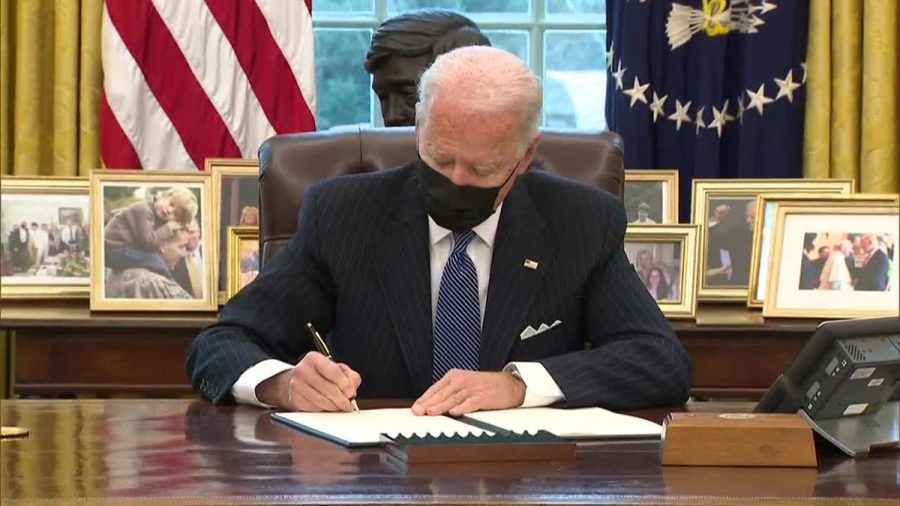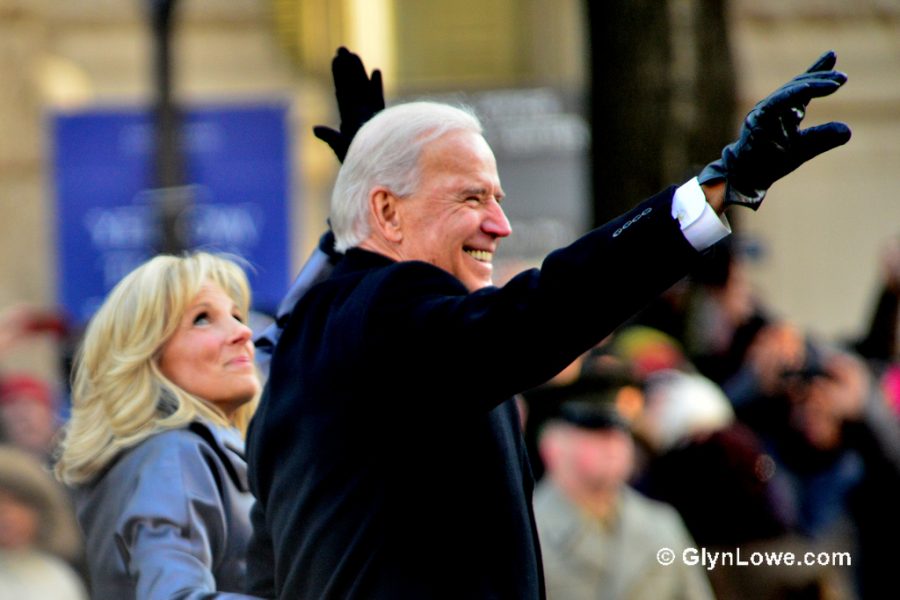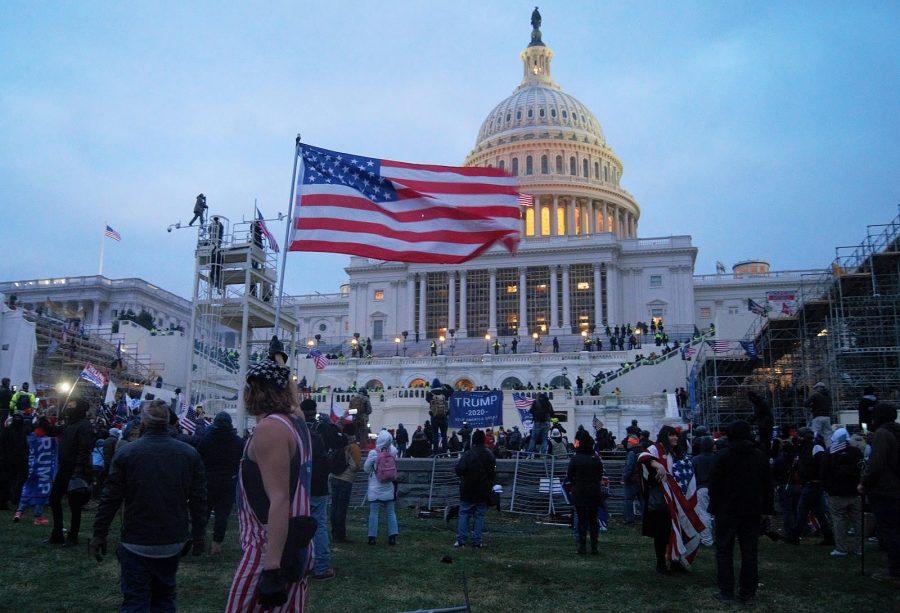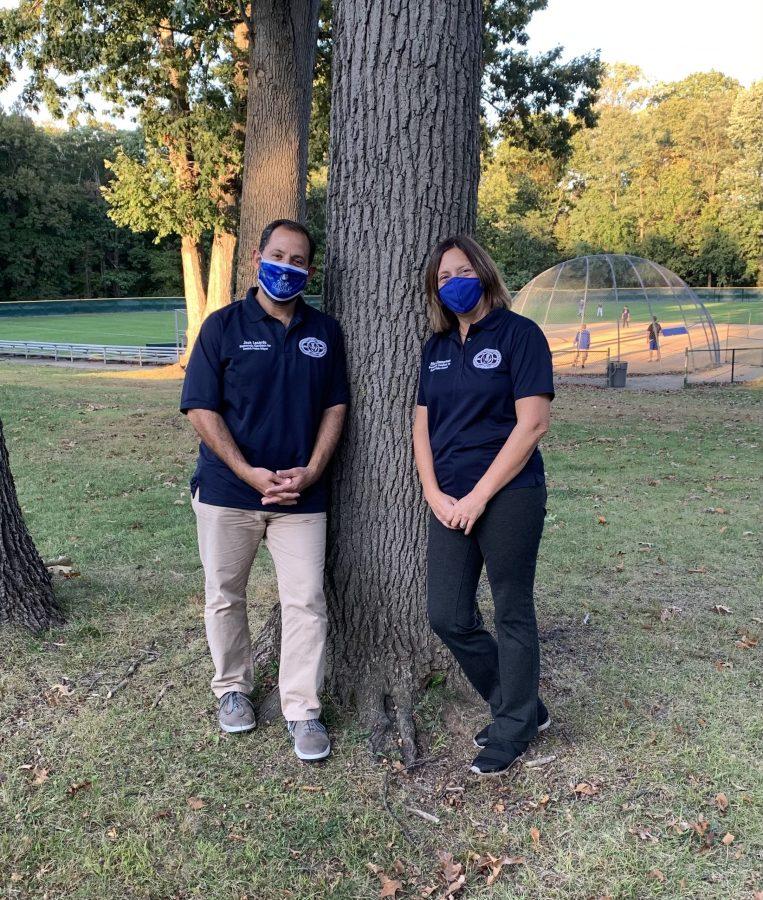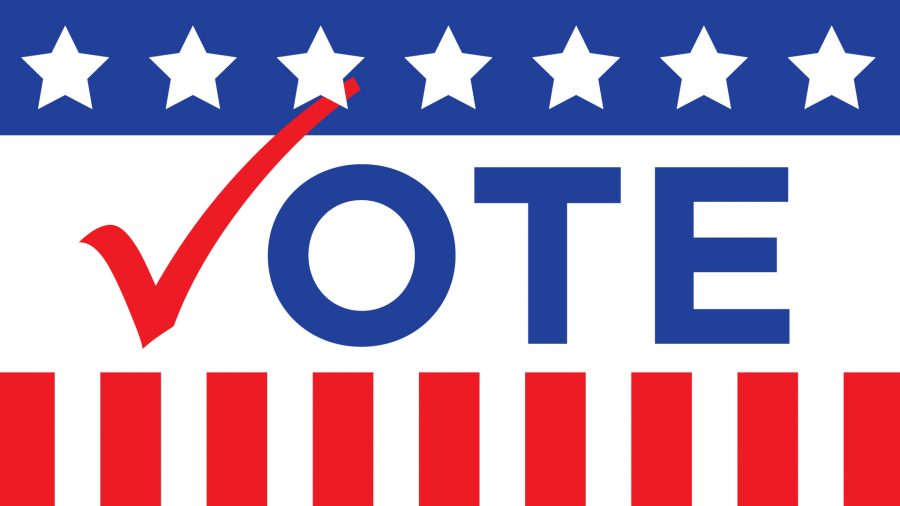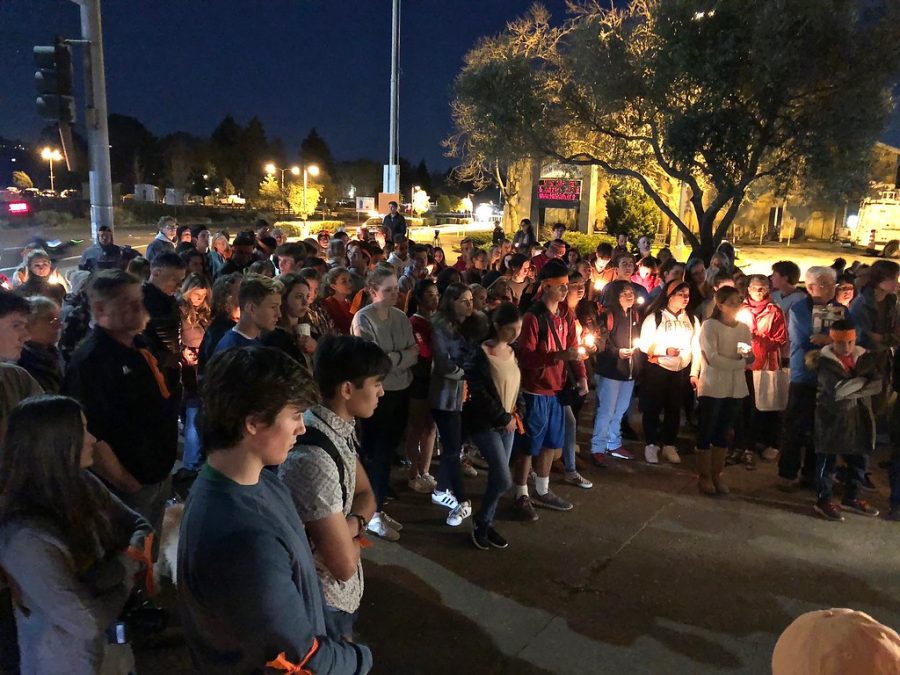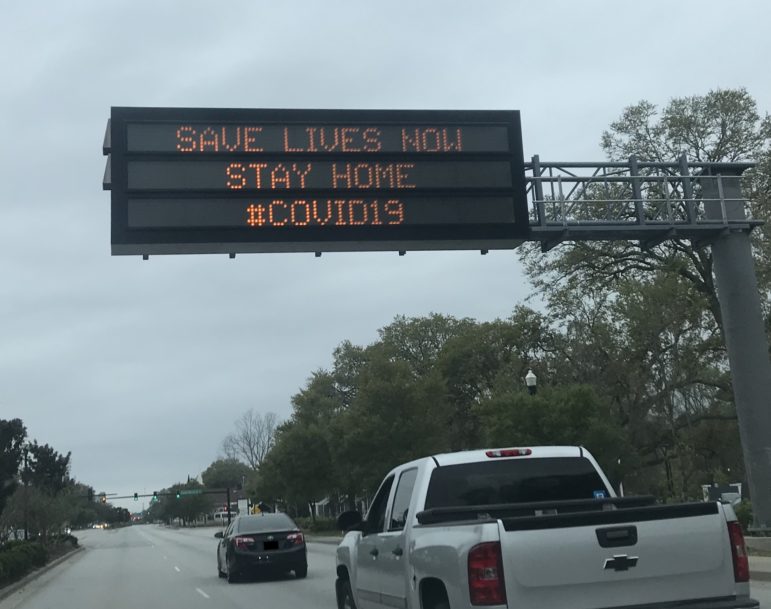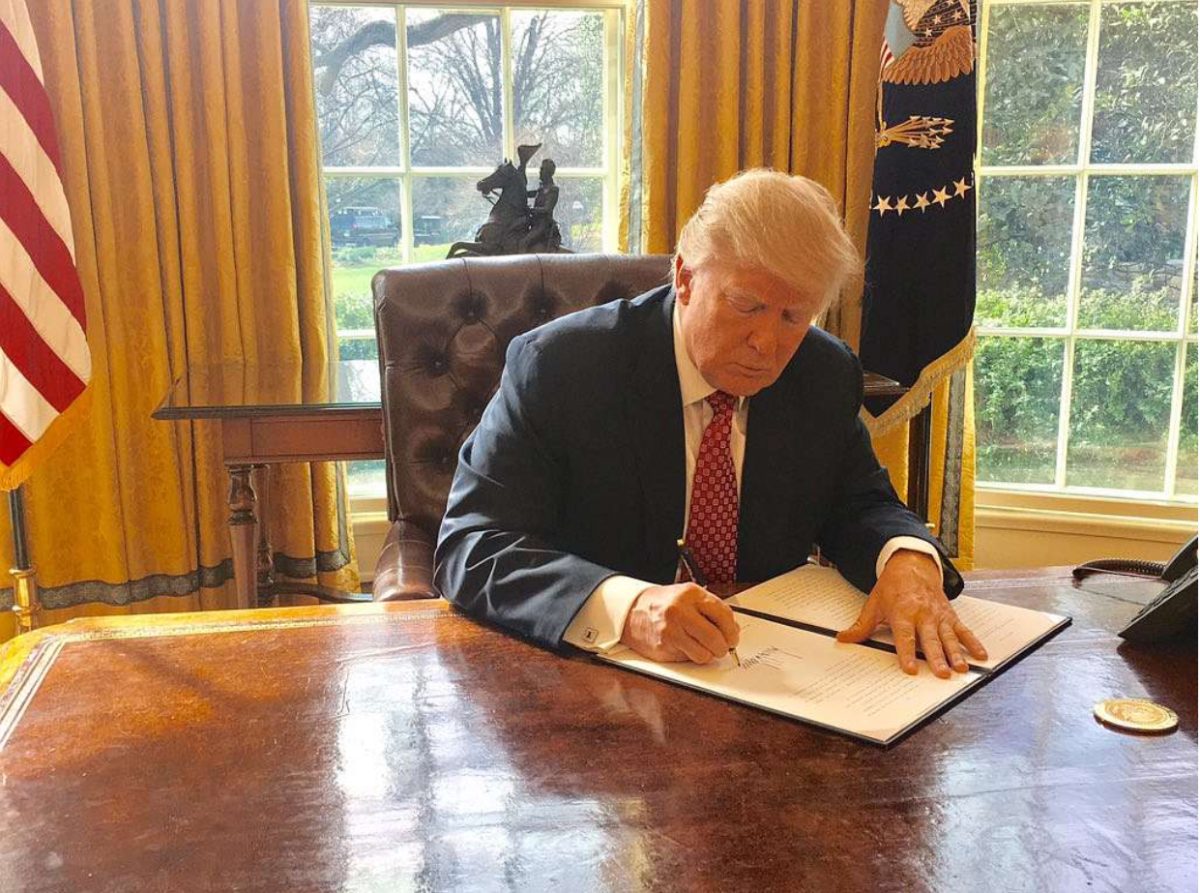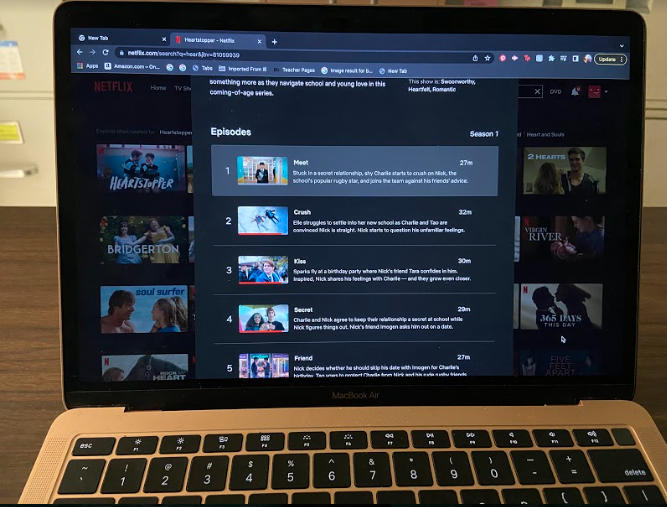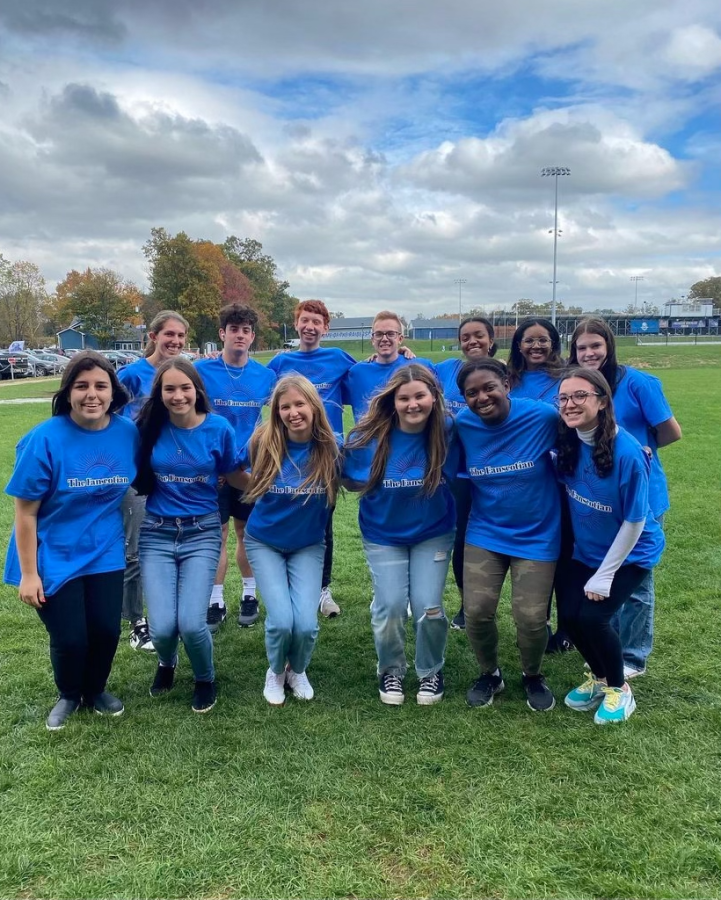In 1949, George Orwell published “1984”, a novel with a haunting vision of the future where surveillance infiltrates all facets of life. While the year 1984 has passed, and the future is not as grim as Orwell predicted, it is an undeniable reality of modern life that Americans, no matter who they may be, are under nearly constant surveillance.
“Although it seems that we have basic privacy, we are constantly monitored by either the National Security Association (NSA) or tech corporations,” junior Amit Deshpande said. “The motives for surveillance differ. The government’s official motive for surveillance is to protect national security from terrorist plots. However, government surveillance has been used for political purposes in the past, such as directing political ads towards certain groups of people. Similarly, corporations utilize surveillance to promote their products and services to unsuspecting consumers.”
In the modern day, people throughout the world are monitored 24/7. Society’s large use of technology through everyday life has made it impossible to escape the prying eyes of corporations and governments. The NSA was found to be conducting the PRISM Program, under which they monitor internet communications across the globe with the cooperation of Internet Service Providers (ISPs). Despite the controversy, PRISM along with many other United States intelligence agencies consistently monitor people in the U.S. and abroad. While technology has certainly made it easier to monitor mass amounts of people, mass surveillance is not a new concept.
“I think that technology has made surveillance much easier, but I think that surveillance has existed at large scales before recent advancements in technology,” Deshpande said.
Ever since the start of the Cold War, Americans have been subject to gross violations of privacy and personal liberty, which has consistently gotten worse with the passage of time. The Second Red Scare brought on by Senator Joseph McCarthy led to mass hysteria about Soviet infiltration in the United States. Government officials, entertainers, and politicians were consistently brought before The House Un-American Activities Committee, often accused of being communist infiltrators and soviet spies with little to no basis other than being sympathetic to the Soviet Union, and sometimes with no basis for indictment at all.
While McCarthy eventually lost credibility, this political legacy in the nation has not. Throughout the Cold War, organizations such as The American Communist Party and Black Panther Party were consistently infiltrated by U.S. intelligence officers with the sole purpose of disrupting their operations. While such organizations usually had no violent intentions against the government, their activities were always tracked and shut down simply because they had dissenting opinions.
Many people would claim that if one is not working against the government, then they won’t be targeted by surveillance, but this is completely false. In the modern day, even belonging to a certain demographic can lead the government to monitor someone. This proved especially true for Muslim Americans after 9/11, as fear of Radical Islamic Terrorism triggered mass drawbacks for the greater Muslim community in this nation. After 9/11, Michael Bloomberg, then mayor of New York, founded the “Demographics Unit” of the New York Police Department. Although on paper the unit was not created for the sole surveillance of Muslims, in reality, countless reports found that the unit disproportionately monitored Muslims living within the city, with businesses, places of worship, and even homes having their privacy stripped away just because their owners were Muslims. The NYPD Demographics Unit is just one example of mass surveillance carried out against Muslim Americans. Even today, many Muslim Americans are continually stopped at airports and kept and FBI watch lists simply because they practice a religion that has unforunately become synonomous with terrorism in the eyes of many people.
On September 4, 2019, Anthony J. Trenga, a U.S. district judge, ruled that U.S. government watchlists are unconstitutional in violation of the Fourth Amendment. Despite this ruling, no action has been taken by legislators to weaken the surveillance programs of the U.S. government, in fact they continue to vote in favor of mass surveillance. In November of 2019, Congress voted in favor of extending the PATRIOT Act, which greatly expands government surveillance, into 2020. Legislators continue to vote for mass surveillance because it generates profit, and because the American public often does not care enough to oppose surveillance.
Whether it is out of a love for technology, or greater issues facing them in daily life, Americans do not care as much as they should about the surveillance carried out against them. Should such programs be left unopposed, nothing good awaits in the future.
“Mass surveillance is a tool that can be used as a political weapon.” Deshpande said. “You only have to use a few examples of totalitarian societies such as North Korea or China to prove how mass government surveillance can effectively make the government the sole definer of societal morals. I care that I am being watched, because I know that those in power can and will act against me. I do not like the fact that I can be manipulated and even punished based on what I do in my private life.”
People might call novels like “1984” an overstatement, but they are meant to be a warning as to what happens when any government, no matter their beliefs, gains too much power over their citizens. Mass Surveillance is only the top of a very slippery slope into totalitarian rule. Rights are something often taken for granted, but people throughout history have fought and died for rights, and the last thing the world needs is such a struggle to become more than just a thing of the past.
Is the government watching you?
April 14, 2020
Monitors display a video showing facial recognition software in use at the headquarters of the artificial intelligence company Megvii, in Beijing, May 10, 2018. Beijing is putting billions of dollars behind facial recognition and other technologies to track and control its citizens. (Gilles SabriÈ/The New York Times)
0
More to Discover
About the Contributor

Andrew Villardi, Staff Writer
Andrew Villardi is a senior at SPFHS and staff writer for the Fanscotian. His favorite type of story to write is opinion, particularly politics. What he enjoys most is to put out writing which not only strongly reflects his own opinions, but fosters healthy and productive discussion on the world that we live in.


